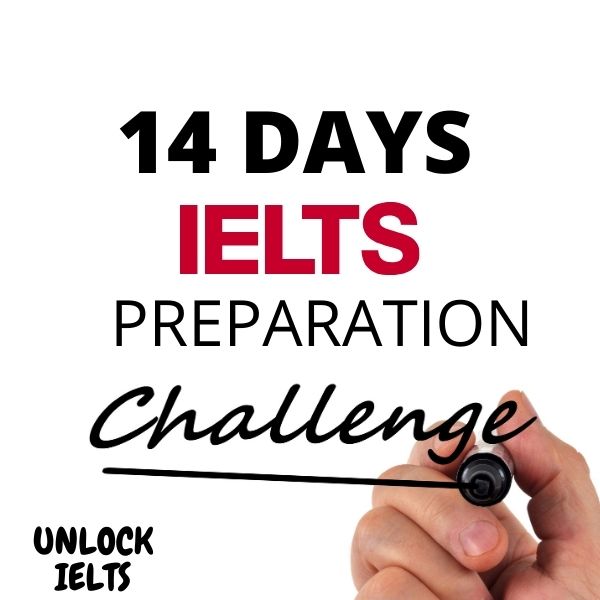As discussed in the early articles, the IELTS writing task has particular marking criteria that the aspirants should follow to improve their IELTS score. These band descriptors are crucial for deciding the score and the range of the writing.
The IELTS Writing Marking Criteria has 4 parameters.
- Task Response
- Coherence and Cohesion
- Lexical Resource and Vocabulary
- Grammar Range and Accuracy
All these factors contribute equally to the IELTS writing test score (each section-25%).
Here Task Achievement has been replaced by Task Response as a marking criterion.
By now, you must have got an idea about the marking criteria of the IELTS writing section.
The article discusses the IELTS Marking Criteria part 1, which is Task Response.
What is Task Response in IELTS?
- Task Response is the ability to do a certain task by an individual or a group in to finish it most appropriately. It is a situation, where all the priorities related to the task are met to the full. These priorities can be time limits, process, requirements, responsibilities, and authorities.
- Task Response in the IELTS Writing section means reading the given text carefully and writing an answer that sticks to the subject.
- It examines the student’s ability to answer the question in its complete sense and how well he/ she develop the ideas to support their answer.
Importance of Task Response in IELTS
Task Response is crucial to get the hang of the IELTS examination and score well. Misunderstanding the topic and not answering it as per the set parameters can affect your prospects of clearing the IELTS examination.
It is required of you to answer every part of the question and extend your ideas in an organized way adequately to confirm your band 7 score.
The key point in Task response is - Fully answer the question
Well, let’s talk about the topic.
How to Identify the Type of Question?
In a broader sense, there are 5 types of questions that you can find in your IELTS Writing Task 2. These are:
- Opinion Essays
- Discussion essays
- Problem-solution essays
- Advantage and Disadvantage essays
- Double Question essays
You can identify the type of question by analyzing the language of the question. Easy to way recognize the essay-type is: to read the last line of the question
- Opinion essay- it generally ends with “do you agree/ disagree?”
- Discussion essay- it generally ends with “ discuss both views and give your opinion”
- Problem Solution Essay- it generally ends with “ identify one of these and suggest some ways to tackle the problem”
- Advantage and Disadvantage essay- “what are the positive and negative impacts and what can be done in the situation.
- Double Question essay- Here you will need to answer 2 questions and ends with “what are the reasons for it? Is it positive or negative?
After identifying the questions, you can underline the keywords for a better understanding of the question.
By using the criteria above, you can identify the question and mark the main keywords to provide a complete answer to the question.
Task Response is all about answering the question completely.
Unbeatable Strategy to Generate Ideas for Your Writing
As discussed in the previous article, “IELTS Writing Task 2- How to Improve Lexical Resource Score in IELTS Writing” , the PRBS strategy not only helps in improving the reading, and vocabulary skills, it also helps in framing the answer by penning down the ideas in a well-planned way.
Here is the strategy:
P- Pick a Topic
L- Read the topic
B- Brainstorm the Topic
S- Summarize the topic
If you follow the strategy for about 7 days, you will encounter improvement in your reading, writing, and vocabulary skills. It is the best way to refine skills.
How to write the Answer?
For answering the question and walking by the rules, you can follow the below criteria:
Introduction
- Background statement
- Paraphrase the question
- Thesis statement
Body Paragraph 1
- Begin with the main point
- Explain the point
- Cite examples
- Closing statement
Body Paragraph 2
- Begin with the second main point
- Explain the point
- Cite examples
- Closing statement
Conclusion
- To conclude/ sum up ( you can paraphrase the question here)
- In my opinion/as discussed above….
Make sure to walk by a proper structure to frame your answer and score well on the Writing part.
Now, we will discuss the things to avoid while forming your answer.
Things to avoid while writing the Answer
- Avoid inclusion of so many ideas
Remember, you don’t have to write about every particular point. Pick the main points and elaborate on the same in your essay. Include examples to support your point.
- Avoid too many complex sentences in the paragraphs
Do not include too many complex sentences in your paragraphs. 2-3 sentences is fine but make sure not to exceed the limit.
- Avoid using too complicated words
You won’t be prized or share the upper hand of the examiner by using fancy or complicated words. Focus on keeping your text simple and effective for scoring well in your IELTS exams.
- Avoid writing too much
While framing your answer, always keep track of the word-limit. Avoid explanations in detail.
- “More is better”
As mentioned in the previous point, keep your answers concise. Focus on quality, not quantity.
So, this was a quick guide to mastering task response and framing answers to your IELTS examination questions. For more such exciting content, you can subscribe to Unlock IELTS with Richa on YouTube.













Write a public review